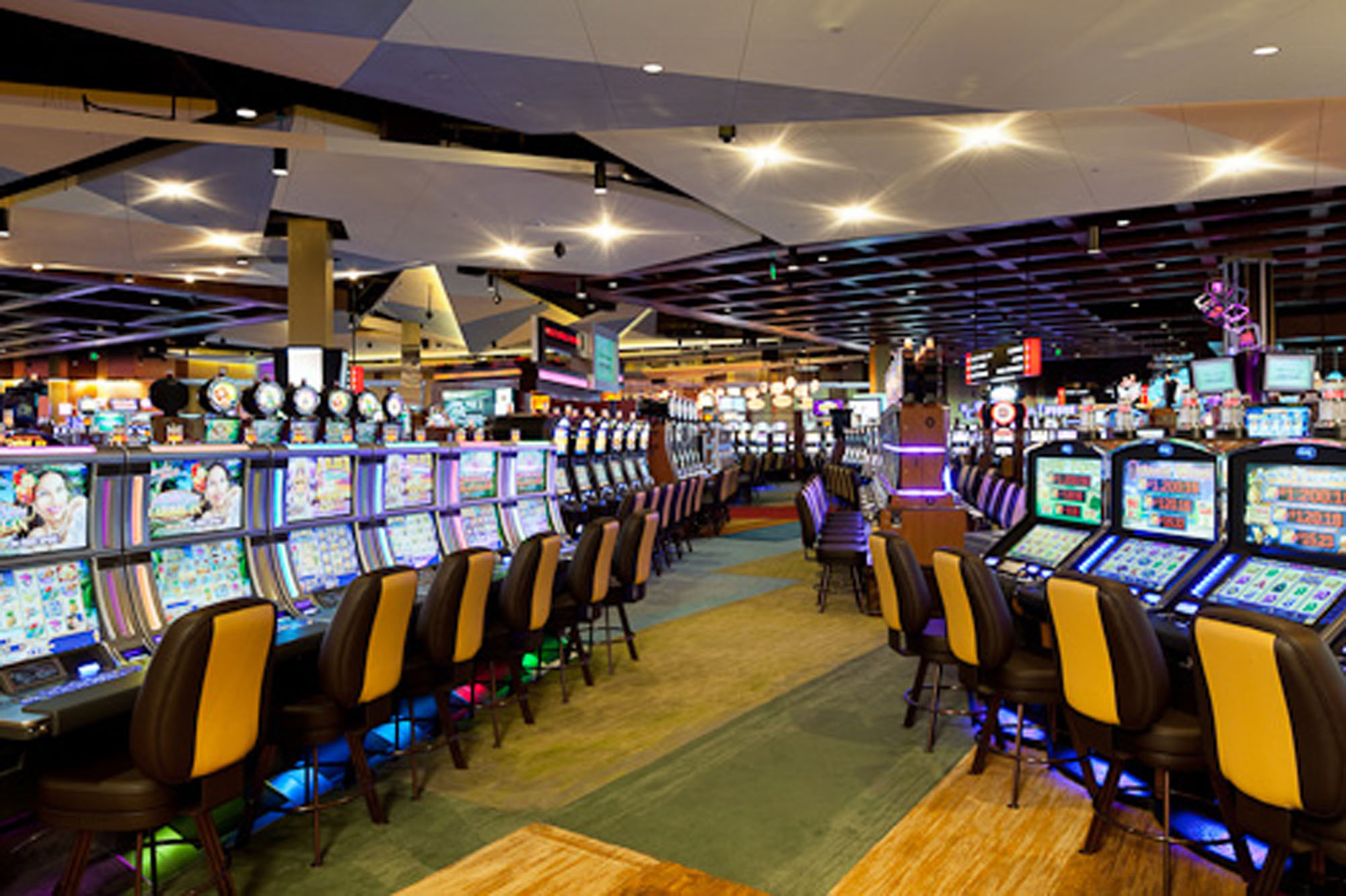
In the world of gambling, where chance and strategy converge, a unique tapestry of beliefs unfolds—one that braids luck, fate, and the enigmatic nature of casino games. Casinos, bustling with excitement and anticipation, are not just venues for placing bets; they are also arenas where superstitions thrive. From the novice player to the seasoned gambler, these mysterious practices often shape how individuals approach the games they play, believing that their actions can influence the outcome in ways that go beyond mere probability.
As players gather around roulette wheels, blackjack tables, and slot machines, the atmosphere is thick with stories of lucky charms, rituals, and codified behavior that defy logic yet provide a sense of comfort. Whether it’s wearing a specific outfit, following a particular sequence of bets, or even avoiding certain numbers, the attachment to various superstitions reflects a deep-rooted desire to control the uncontrollable. This article delves into the captivating world of casino game superstitions, examining the beliefs that both entertain and mystify those who dare to play. Trang Chủ BJ88
Cultural Roots of Superstitions
Betting activities have long been connected with an array of superstitions that go back to ancient societies. The roots of these notions can be linked to humanity’s innate desire to control the unpredictable outcomes related with luck and uncertainty. In early civilizations, games of chance were often linked to ritualistic practices. Players would call upon favor or seek favor from deities, believing that their actions could change the results in their favor. This groundwork laid the groundwork for the myriad of superstitions that developed as betting evolved over centuries.
During the medieval period, gambling became a common activity across Europe, and with it, a rich tapestry of superstitions emerged. Players adopted different rituals and charms, believing they could change the results of games. The value of numbers, in particular, began to appear in superstitions pertaining to card games and dice. The number seven was often considered auspicious, while other numbers carried negative connotations. These notions mirrored the social contexts of the time, changing as they transferred through generations and changed to emerging gaming environments.
As gambling houses appeared in the 1600s, particularly in the Italian peninsula and the French nation, the atmosphere surrounding betting became steeped in enigma. The growing availability of casino activities allowed for the dissemination and diversification of superstitions among players. Concepts like lucky charms, designated seating arrangements, and rituals gained prominence, creating a special culture within casinos. As these customs continued to thrive, they became integral to the essence of gambling activities, illustrating how history and tradition shape the notions that influence how gamblers connect with luck.
Popular Gambling Superstitions
Beliefs surrounding casino games are plentiful and diverse, mirroring the hopes and anxieties of gamblers as they engage in random activities. One of the most common views is that certain numbers bring luck or bad luck. For example, the number seven is often seen as a favorable number, frequently embraced by gamblers looking for a favorable outcome. Conversely, the number thirteen is routinely considered cursed, leading many players to avoid it during their gaming periods.
A frequent belief relates to practices that gamblers believe can affect their odds. Whether blowing on dice before a roll, using a specific gesture to place a bet, or even putting on specific items of attire, many individuals feel that these actions can tilt luck in their favor. These practices offer a feeling of control in an otherwise random environment, strengthening the idea that fortune can be created through personal beliefs and customs.
Lastly, the environment and vibe of the gambling house itself adds to myths. Many players suggest that the presence of specific symbols, such as four-leaf clovers or lucky coins, can enhance their chances of success. Additionally, gamblers might adhere to the notion that winning streaks can be interrupted by mundane events, such as someone walking past or a accident at the table. The shared environment in a casino can amplify these beliefs, creating a shared culture of superstitions that goes beyond single encounters.
Impact of Superstitions on Players
Beliefs play a important role in the psychology of gamblers, often influencing their behavior and decision-making. Numerous gamblers think that luck can be manipulated through various rituals, such as donning a talisman, selecting specific colors, or steering clear of particular digits. This dependence on superstitions can create a feeling of control in an environment that is intrinsically unpredictable. Players often feel more self-assured and involved when they think that their actions could sway the outcome of a game in their advantage.
The influence of these superstitions extends past individual players, affecting the overall atmosphere inside the casino. For instance, a player who holds the belief in the luck of a particular slot machine might draw a crowd, as others are intrigued by their apparent luck. This shared belief can amplify excitement and create a dynamic environment, leading to an engaging experience even for those who may not necessarily be believers themselves. The excitement around specific games can lead to higher participation and longer playing sessions, supporting the casino’s vibrant social scene.
In some instances, superstitions can lead to harmful effects for players. Relying too much on rituals can result in bad gambling decisions, as some may ignore basic strategies in favor of unfounded beliefs. Additionally, the stress to perform rituals may heighten anxiety and tension, detracting from the enjoyment of the experience. Ultimately, while superstitions can enhance the thrill of playing casino games, they can also lead to foolish choices that overshadow the fun and amusement intended in the casino experience.